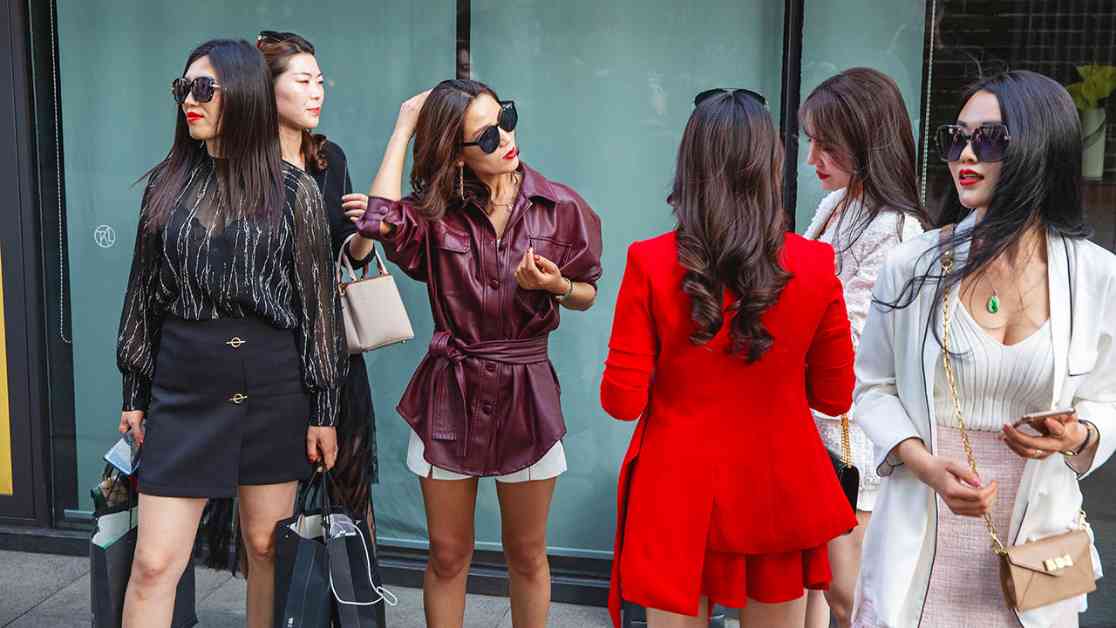China has a long history of fluctuating attitudes towards wealth. During Mao Zedong’s reign, the rich were persecuted. However, Deng Xiaoping, Mao’s successor, introduced market-oriented reforms that allowed some people to become rich first. This led to a significant increase in the number of wealthy individuals in China.
Currently, there is a crackdown on public displays of wealth in China. The government is actively discouraging ostentatious shows of affluence. This shift in policy reflects a change in societal values and priorities.
The Chinese government’s stance on public displays of wealth is part of a broader trend towards promoting modesty and humility. In recent years, there have been multiple instances where individuals have faced backlash for flaunting their riches, whether it be through extravagant purchases or lavish lifestyles.
One of the key areas where this crackdown is evident is on the internet. Social media platforms in China have become a popular space for people to showcase their wealth. However, the government is now closely monitoring online activities and cracking down on posts that are deemed too flashy or boastful.
The move towards discouraging public displays of wealth is also reflective of the government’s efforts to address income inequality in the country. By promoting modesty and discouraging excessive flaunting of wealth, authorities hope to create a more equal and harmonious society.
Overall, the crackdown on public displays of wealth in China is a reflection of changing attitudes towards affluence and a broader effort to promote social harmony and equality. It will be interesting to see how these policies evolve and impact the behavior of the wealthy elite in China in the coming years.



























